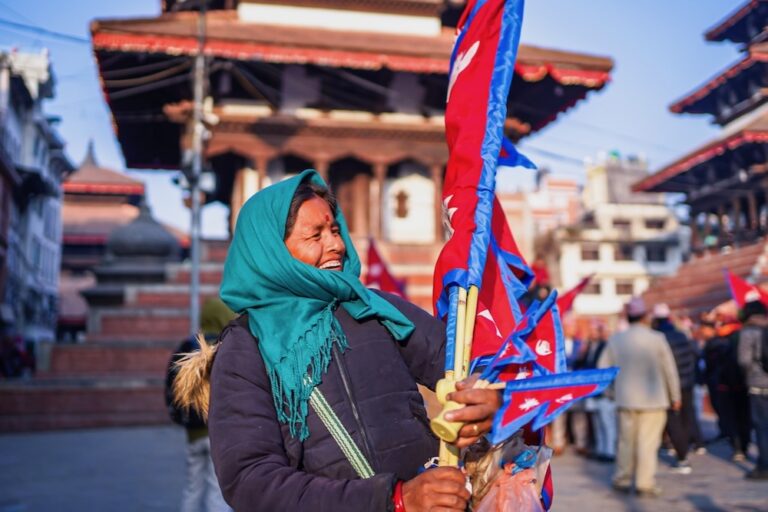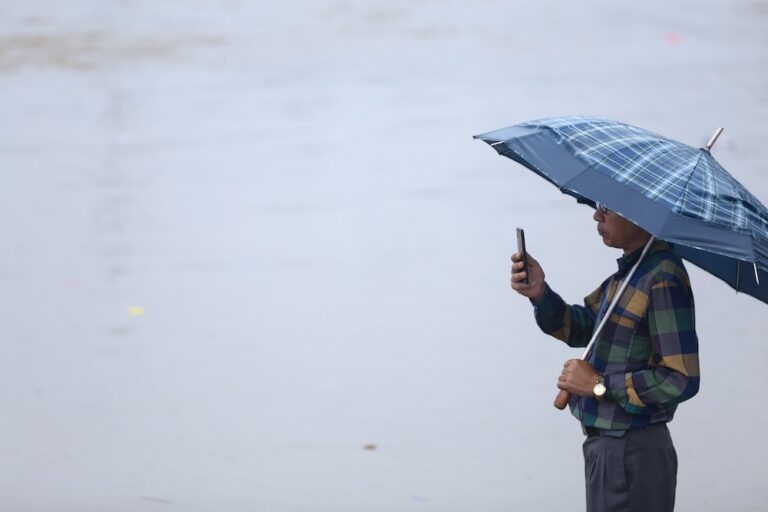(CPJ/IFEX) – The following is a 6 June 2001 CPJ press release: NEPAL: Newspaper Executives Arrested in Aftermath of Palace Killings New York, June 6, 2001 – The Committee to Protect Journalists (CPJ) condemned today’s arrest of three leading Nepalese journalists and called for their immediate and unconditional release. Yubaraj Ghimere, editor of the Nepali-language […]
(CPJ/IFEX) – The following is a 6 June 2001 CPJ press release:
NEPAL: Newspaper Executives Arrested in Aftermath of Palace Killings
New York, June 6, 2001 – The Committee to Protect Journalists (CPJ) condemned today’s arrest of three leading Nepalese journalists and called for their immediate and unconditional release.
Yubaraj Ghimere, editor of the Nepali-language daily Kantipur, Kailash Shirohiya, managing director of Kantipur and its sister English-language publication the Kathmandu Post, and Binod Raj Gyawali, director of both publications, were arrested at around 6 p.m. on June 6 and charged with treason, according to sources in Kathmandu.
The charges came on the same day that Kantipur published an article by the leader of a Maoist rebel group that called on Nepalese citizens to reject the newly crowned King Gyanendra as a “puppet of Indian expansionist forces.”
Kantipur is the largest Nepali-language daily, with a circulation of about 100,000, while the Kathmandu Post is the largest English-language daily in the country.
Action “both outrageous and shortsighted”
“This action is both outrageous and shortsighted,” said CPJ Executive Director Ann Cooper. “By arresting three of the country’s leading journalists, the government is stifling the free flow of information in Nepal, a policy that will only exacerbate the current social tensions. The charges should be dropped.”
Gyanendra was crowned on June 4, after the death of the former crown prince Dipendra, his nephew, who had nominally been king for two days while he lay in a coma with severe bullet wounds. First reports, which palace sources subsequently denied, said that Dipendra had shot himself after gunning down King Birendra and seven other relatives in the royal palace.
According to a theory that circulated immediately after the massacre, Dipendra was angered by the fact that his parents disapproved of his choice of a bride and disagreed with his desire to restore the formerly absolute powers of the Nepalese monarchy.
While Dipendra remained alive, King Gyanendra suggested that the palace shooting was an accident, an explanation that most Nepalese rejected. He has since promised a quick investigation, but according to international press reports, a government commission set up to investigate the massacre has been delayed by the refusal of the head of the United Marxist Leninist Party, Kumar Nepal, to join it, despite an appeal by Gyanendra. The country has been rocked by demonstrations calling for a full explanation.
For more information about press conditions in Nepal, visit www.cpj.org. CPJ is a New York-based, independent, nonprofit organization that works to safeguard press freedom around the world.


